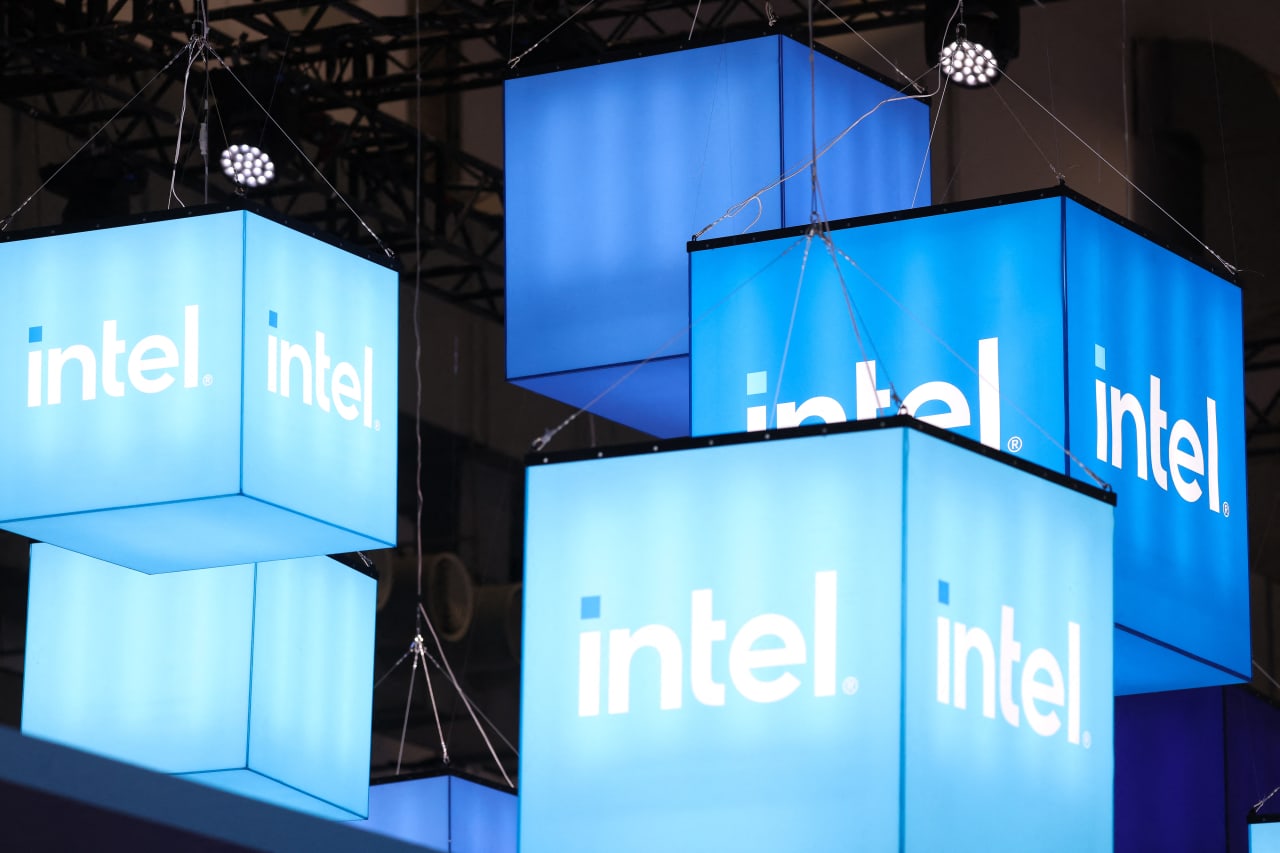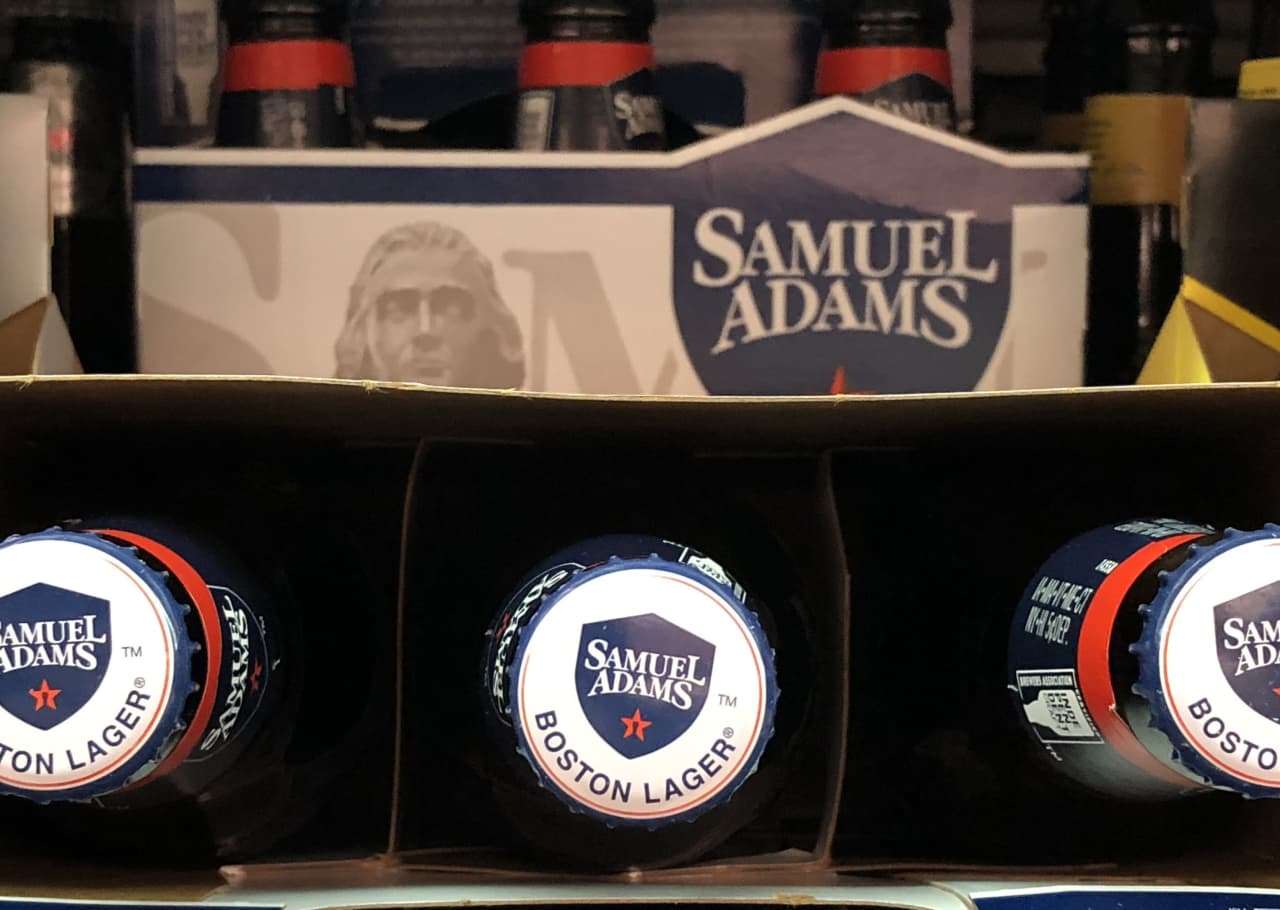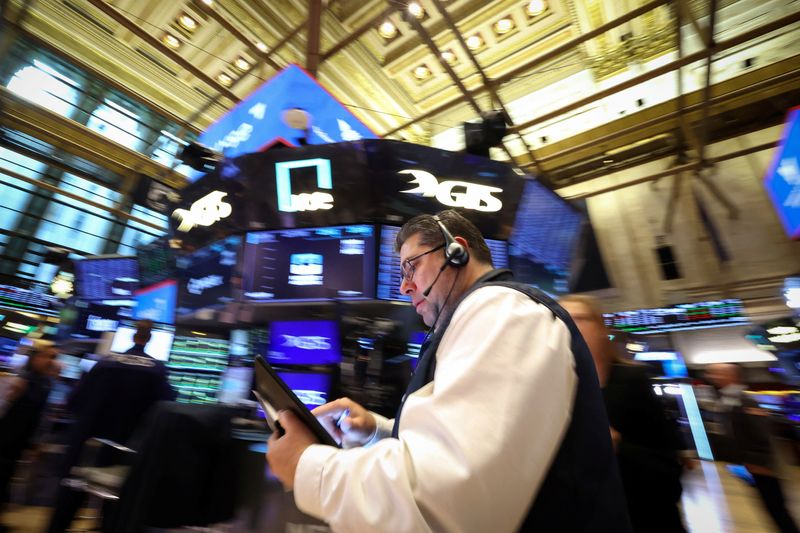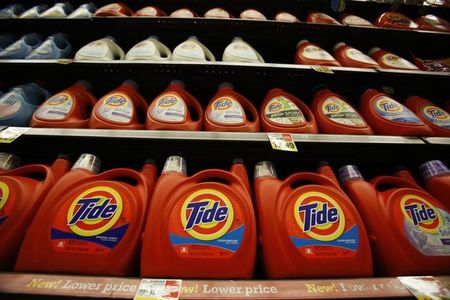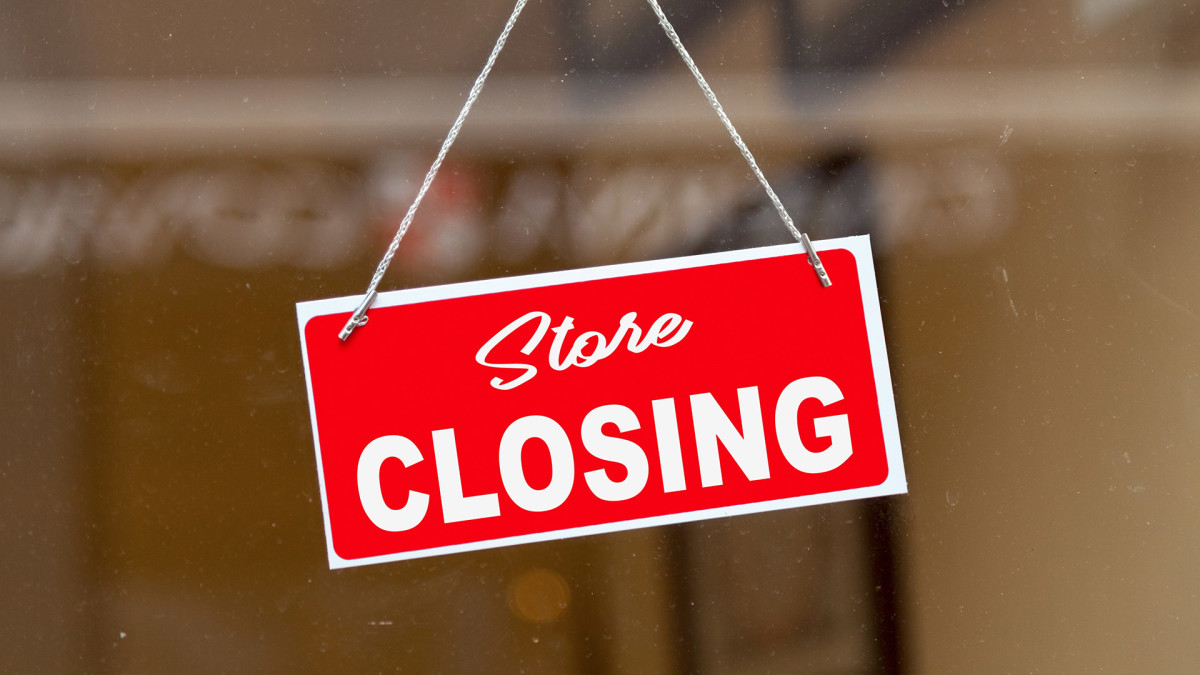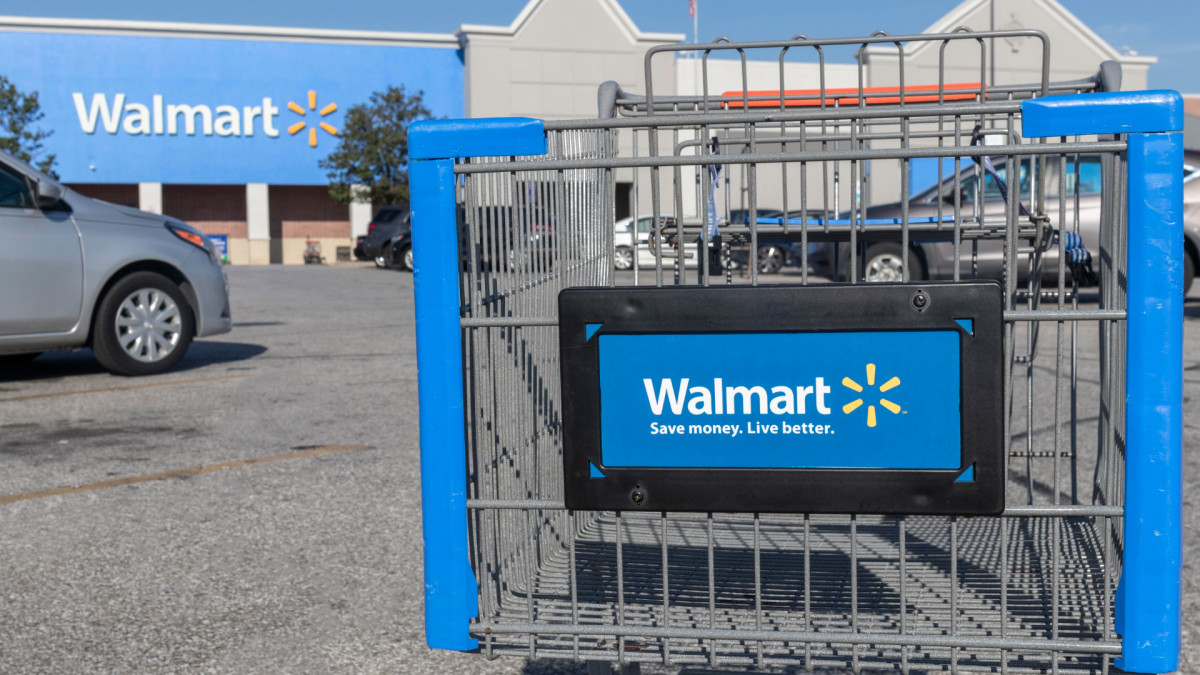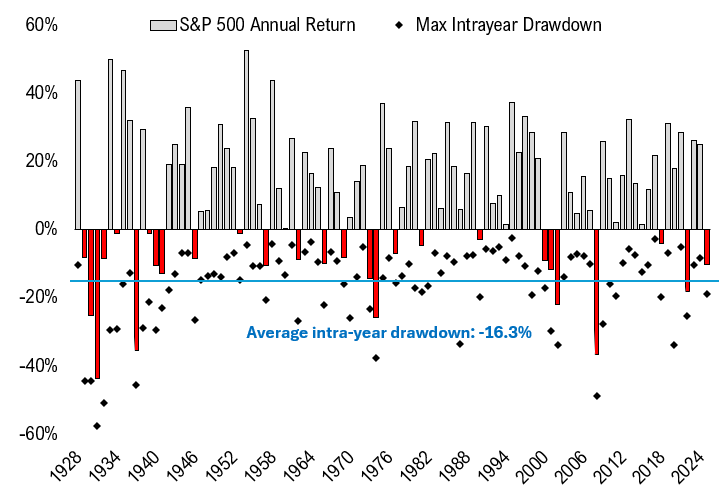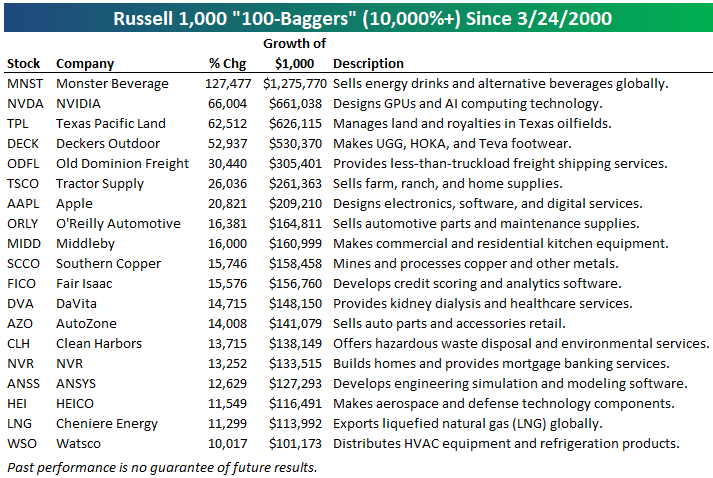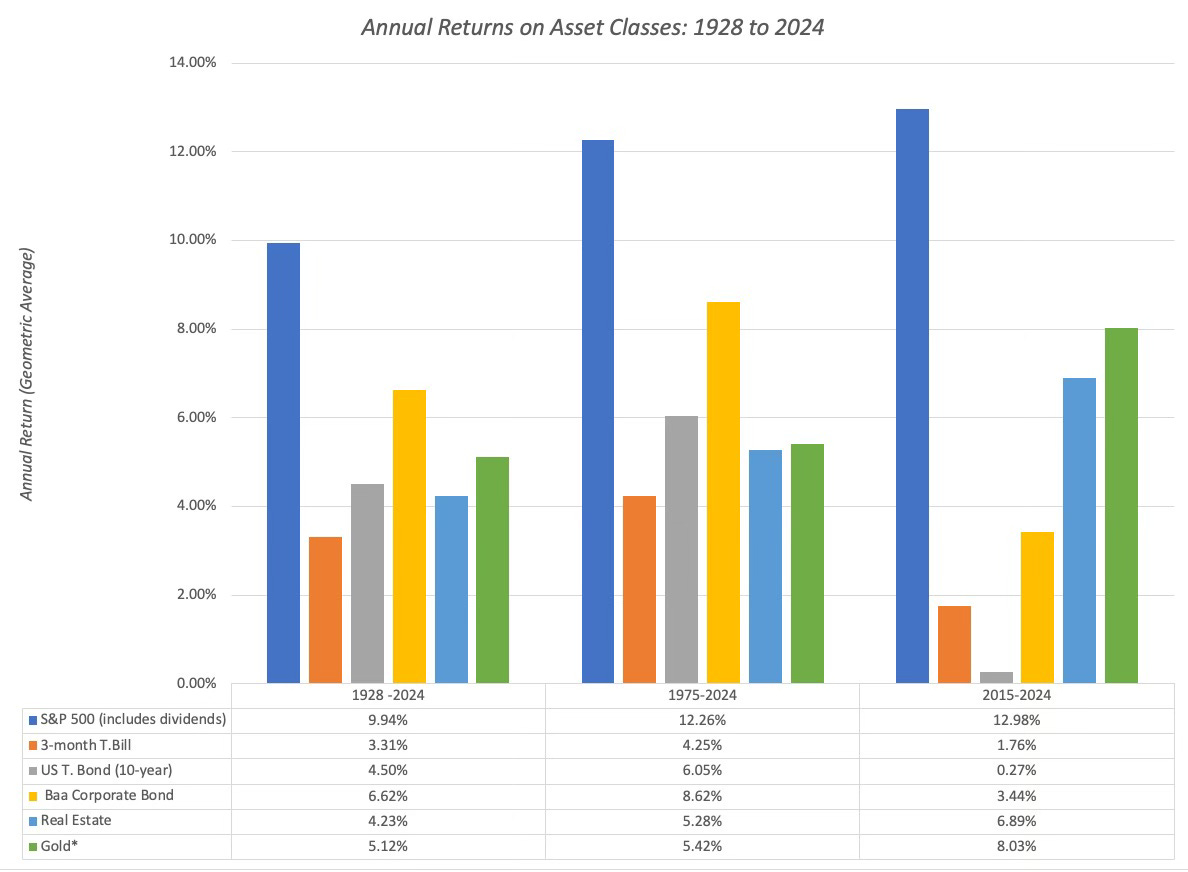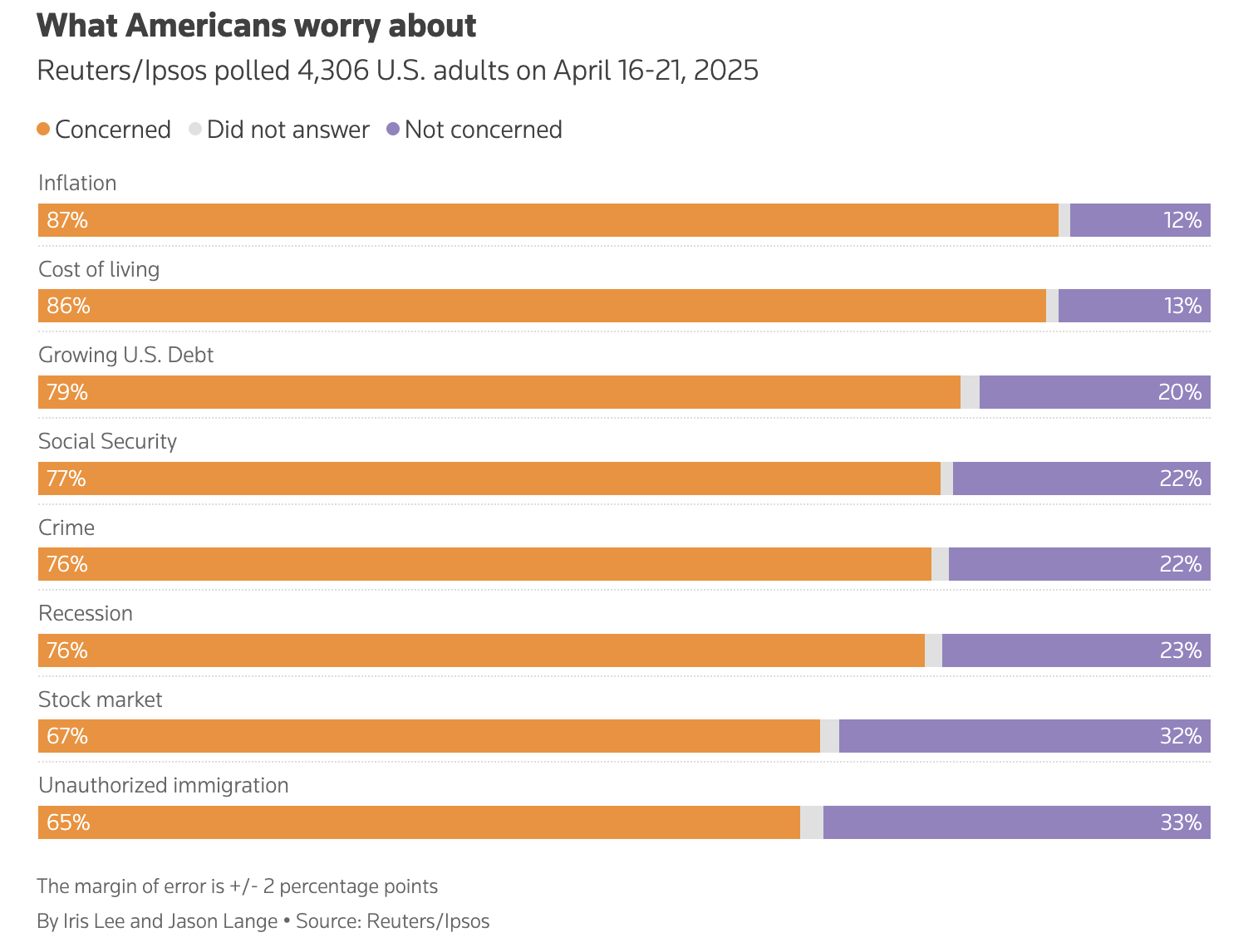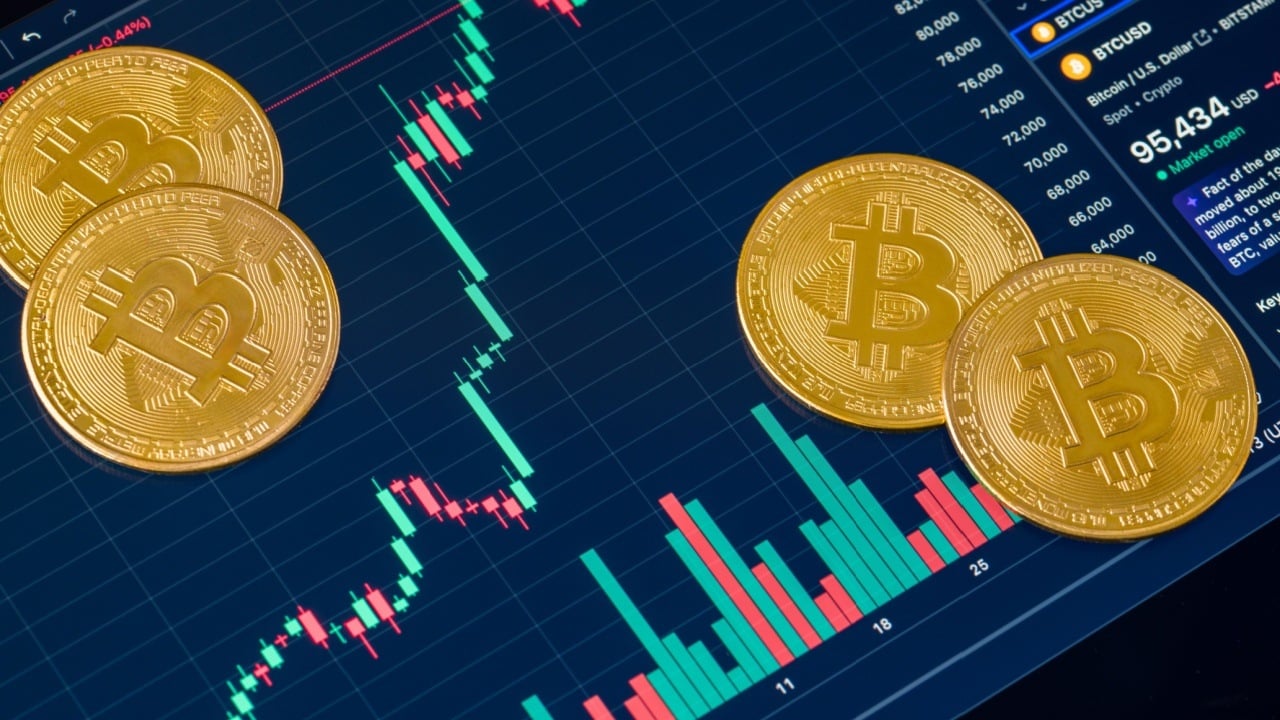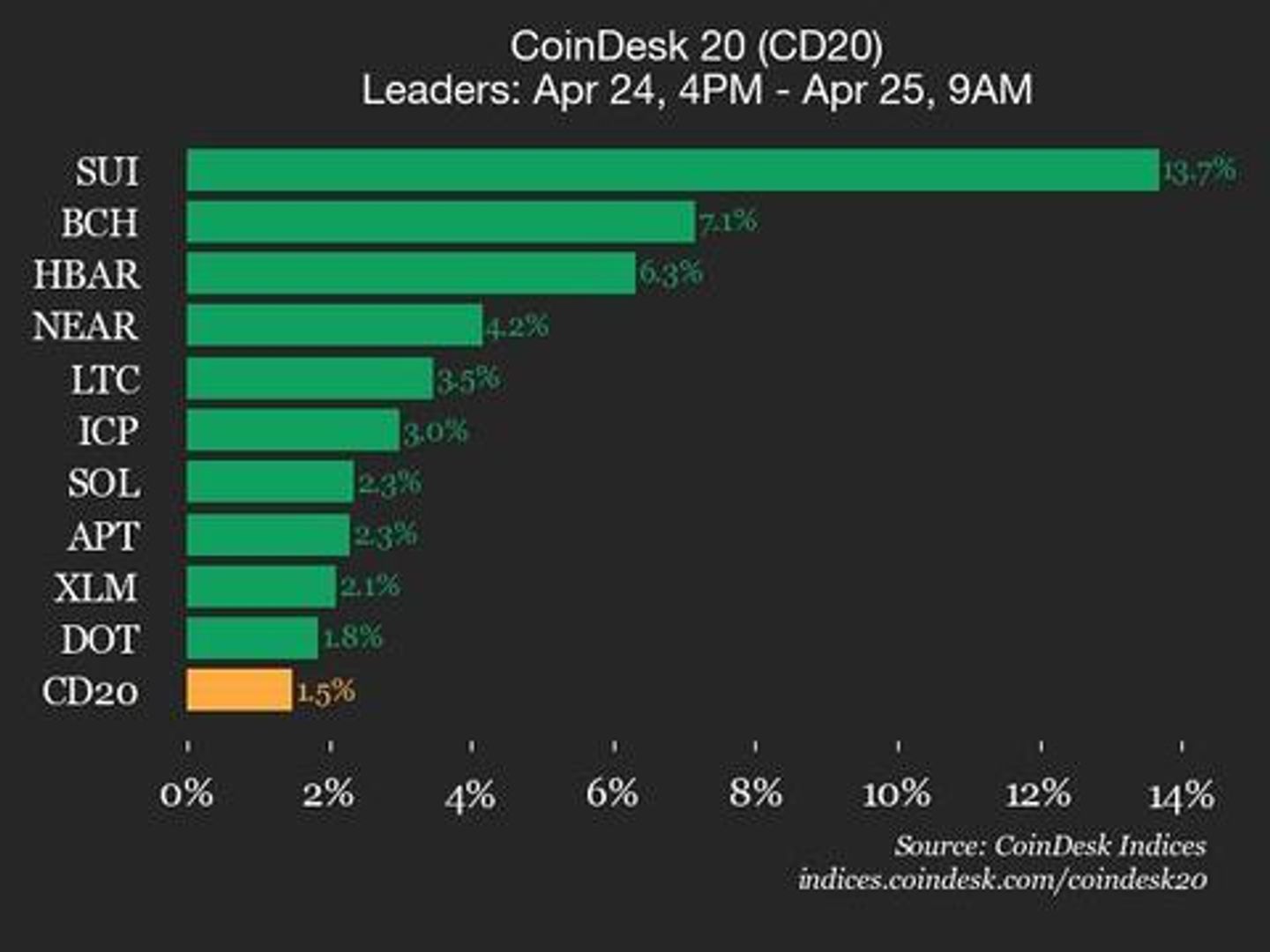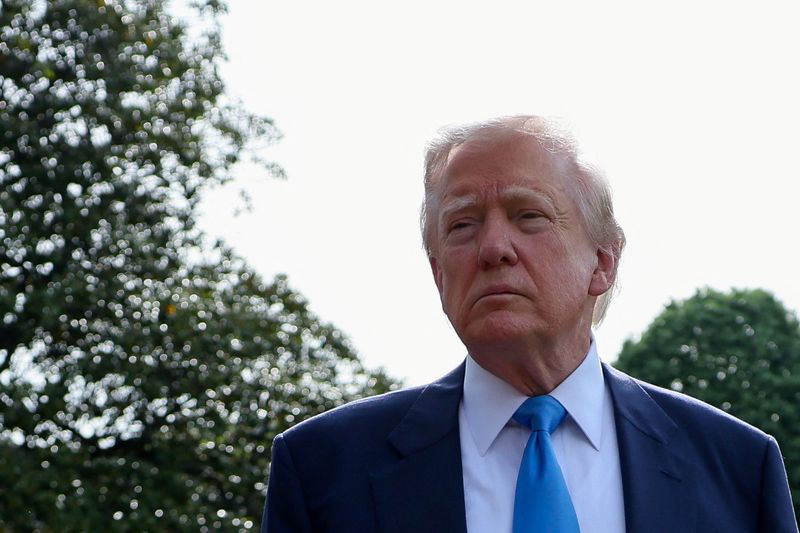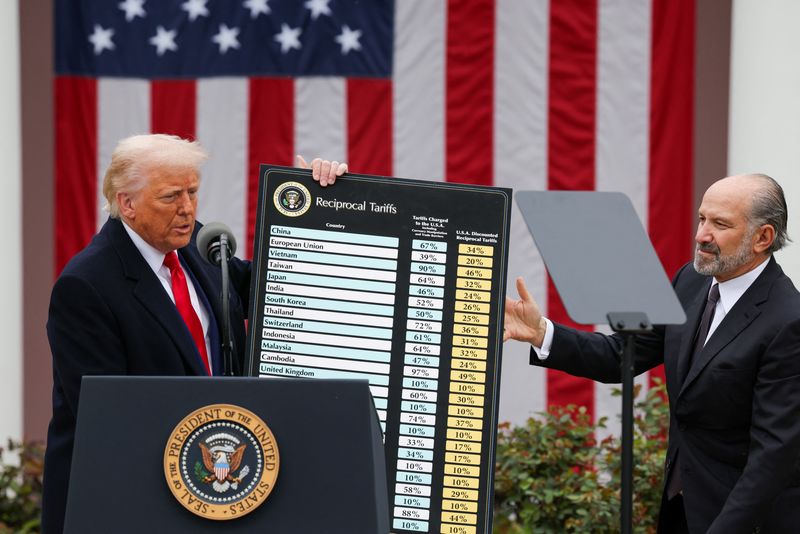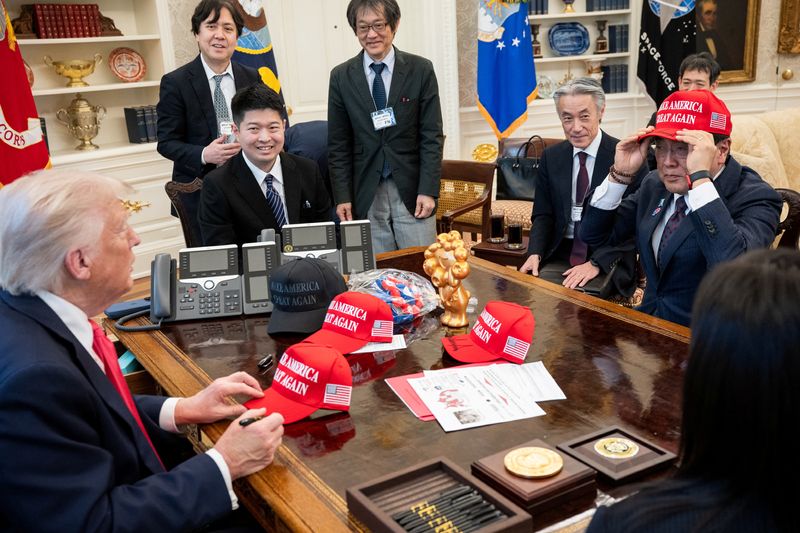Will Tariffs Help or Hurt Amazon's Business?
Amazon (NASDAQ: AMZN) generated $638 billion in sales last year, with its online marketplace accounting for the bulk of its top line. It's a core part of its business, but there are also many other low-cost marketplaces and sites contending for consumers. Amazon has, for the most part, been winning -- it's one of the most valuable companies in the world, with a market cap close to $2 trillion.Tariffs, however, introduce a new risk for the e-commerce giant. While they might help fend off low-priced rivals from overseas, many of the sellers on Amazon's marketplace will also have to raise prices to offset the impact of tariffs. So will tariffs actually hurt Amazon's business, or will they end up helping the company?The big benefit for Amazon is that with tariffs imposed -- particularly on China, where there's a lot of competition from cheap online retailers -- they could drastically reduce competitive pricing pressures. If customers aren't able to buy ultracheap products from Temu (which is owned by PDD Holdings) or Shein, then that may result in more people buying from Amazon's marketplace.Continue reading

Amazon (NASDAQ: AMZN) generated $638 billion in sales last year, with its online marketplace accounting for the bulk of its top line. It's a core part of its business, but there are also many other low-cost marketplaces and sites contending for consumers. Amazon has, for the most part, been winning -- it's one of the most valuable companies in the world, with a market cap close to $2 trillion.
Tariffs, however, introduce a new risk for the e-commerce giant. While they might help fend off low-priced rivals from overseas, many of the sellers on Amazon's marketplace will also have to raise prices to offset the impact of tariffs. So will tariffs actually hurt Amazon's business, or will they end up helping the company?
The big benefit for Amazon is that with tariffs imposed -- particularly on China, where there's a lot of competition from cheap online retailers -- they could drastically reduce competitive pricing pressures. If customers aren't able to buy ultracheap products from Temu (which is owned by PDD Holdings) or Shein, then that may result in more people buying from Amazon's marketplace.

















